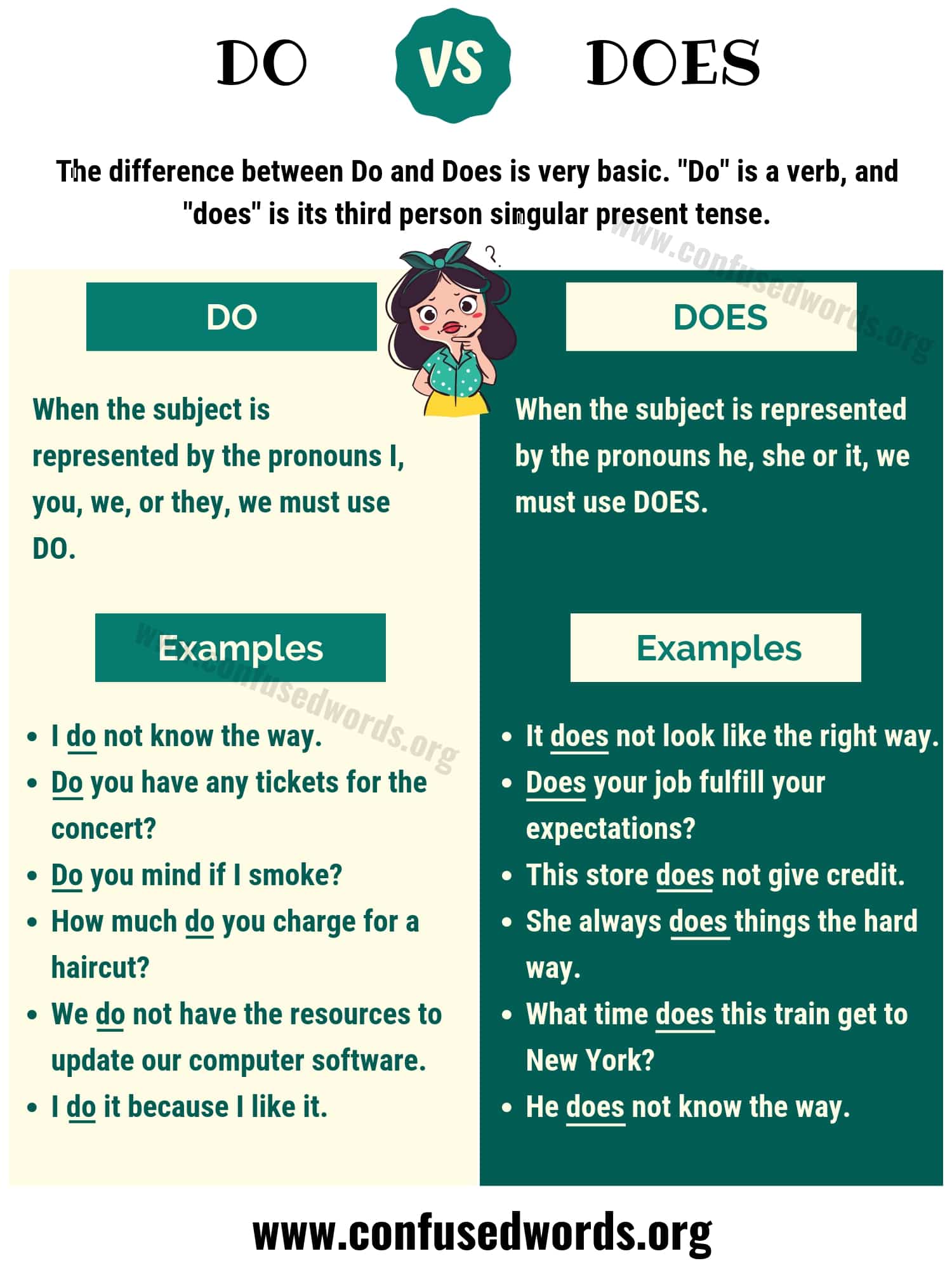How to Access Job Leads: Practical Guidance from Employment Agencies, Career Fairs, and Internet Ads
Introduction
In today’s competitive job market, knowing where and how to find job leads is essential to securing new employment opportunities. Employment agencies , career fairs , and internet ads are three of the most practical and widely used resources for job seekers. Each offers unique advantages, challenges, and methods for accessing current job openings and connecting with potential employers. This article will guide you through each source, provide step-by-step instructions for leveraging their benefits, and offer actionable advice on navigating the job market with confidence.
Understanding Job Leads and Their Importance
A job lead is any piece of information that points to a potential job opening. These leads can come from formal postings, personal networks, recruiters, or public events. According to multiple educational and career guidance resources, employment agencies, career fairs, and internet ads are all recognized as primary sources of job leads [1] [4] . Utilizing these resources can significantly increase your chances of finding suitable employment, especially when combined with strong networking and a proactive approach.
Employment Agencies: How to Access and Utilize Their Services
Employment agencies are organizations that connect job seekers with employers. These agencies may specialize in particular industries or offer general employment services. Here’s how to tap into their benefits:
Step-by-Step Guidance
- Research reputable agencies in your area or industry. You can do this by searching for terms like “staffing agency [your city]” or “IT employment agency.”
- Check for agency reviews on trusted platforms or consult with your local Department of Labor for recommendations.
- Contact agencies directly by phone or through their official websites. Many agencies have online portals where you can submit your resume and job preferences.
- Schedule an appointment for an initial interview or screening. Be prepared to discuss your skills, experience, and employment goals.
- Regularly check in with your agency contact to stay updated on new openings and opportunities.
Practical Example
Suppose you are seeking administrative work. By registering with a large agency such as Robert Half or Adecco (both have verified online presences), you may be considered for a variety of administrative assistant, office manager, or data entry roles. These agencies often have relationships with major employers and can advocate on your behalf.
Challenges and Solutions
Some job seekers worry about agencies charging fees. In many cases, reputable agencies do not charge candidates but are paid by employers. Always clarify terms before registering. If you encounter agencies requesting upfront payments, consider this a red flag and seek alternatives.
Alternative Approaches
For those in specialized fields, consider searching for industry-specific agencies (such as creative staffing firms or healthcare recruiters). You can find these by searching for your profession plus “recruiter” or “placement agency.”
Career Fairs: Maximizing Face-to-Face Opportunities
Career fairs are events where employers and job seekers meet, often hosted by educational institutions, community organizations, or industry groups. They provide an opportunity to learn about current job openings, submit resumes, and make direct connections with hiring managers [4] .
Step-by-Step Guidance
- Search for upcoming career fairs in your city using terms like “career fair near me” or “industry job expo.” Local universities, community colleges, and workforce development centers frequently publicize these events.
- Prepare your resume and practice a brief introduction (elevator pitch) about your skills and career interests.
- Dress professionally and bring multiple copies of your resume.
- Engage with company representatives, ask about current openings, and inquire about application procedures.
- Collect business cards and write follow-up emails thanking recruiters for their time.
Practical Example
Imagine attending a local technology career fair. You meet representatives from three companies actively seeking software engineers. After discussing your experience, you’re invited to submit your application online and schedule interviews the following week. This direct interaction often accelerates the hiring process.

Source: blog.bighire.agency
Challenges and Solutions
Career fairs can be crowded and competitive. To stand out, personalize your approach, research participating employers in advance, and prepare questions that show your interest in their mission and goals.
Alternative Approaches
If in-person events are unavailable, many organizations now offer virtual career fairs. These allow you to connect with employers via chat or video call. Search for “virtual job fair [your industry]” for current offerings.

Source: learningmole.com
Internet Ads: Navigating the Online Job Market
Internet ads for jobs typically appear on major job boards, company career pages, and targeted online advertisements. These platforms make it easy to access a wide array of job leads across industries and locations.
Step-by-Step Guidance
- Use established job boards such as Indeed ( indeed.com ), LinkedIn ( linkedin.com/jobs ), or Monster ( monster.com ). These platforms are verified, widely used, and regularly updated with new job postings.
- Create a professional profile on these sites, upload your resume, and set up job alerts for your preferred roles and locations.
- Apply directly through the job board or, when possible, via the employer’s official career portal.
- Be cautious of suspicious ads that request personal information upfront or seem too good to be true. Stick with well-established job search platforms or company career pages.
Practical Example
A marketing professional can search for roles on LinkedIn, set up alerts for “marketing manager” positions in their city, and receive daily notifications about new job leads. This proactive approach ensures they are among the first applicants for new opportunities.
Challenges and Solutions
The volume of internet job ads can be overwhelming. To streamline your search, use specific keywords, location filters, and advanced search options. Consider setting aside dedicated time each day for job applications to avoid fatigue.
Alternative Approaches
Some employers advertise positions exclusively on their own websites or social media pages. Regularly check the “Careers” section of company websites where you wish to work, and consider following potential employers on platforms like LinkedIn and Twitter for updates.
Maximizing Your Results: Networking, Follow-Up, and Combining Strategies
While employment agencies, career fairs, and internet ads are all valuable sources of job leads, combining these methods with effective networking can further improve your outcomes. Many job seekers find that personal referrals and connections enhance their visibility and credibility with employers [3] .
Networking Tips
- Let your friends, family, and professional contacts know you are seeking new opportunities.
- Join professional associations or online groups in your industry to stay informed about job leads and industry trends.
- Attend workshops, webinars, or local meetups to expand your network and learn about hidden job opportunities.
Follow-Up Strategies
- After submitting applications or meeting recruiters, send polite follow-up emails expressing your continued interest.
- Document your job search activity to track leads, deadlines, and communications.
Potential Challenges and Solutions in the Job Search Process
Job seekers may encounter obstacles such as lack of responses, high competition, or difficulty identifying legitimate opportunities. To overcome these challenges, diversify your search strategies, remain consistent in your efforts, and seek feedback from trusted mentors or career counselors. If you experience repeated difficulties, consider revising your resume, expanding your skill set through online courses, or seeking guidance from workforce development programs offered by your local government or non-profit organizations.
Summary and Key Takeaways
Employment agencies, career fairs, and internet ads are all proven sources of job leads that can open doors to new employment opportunities. By approaching each resource with a clear plan, leveraging technology and personal connections, and staying persistent, you maximize your chances of finding the job that fits your skills and ambitions. Remember to verify the legitimacy of agencies and online postings, follow up on all promising leads, and use networking to access opportunities that may not be publicly advertised. For further support, consult government resources such as your local Department of Labor or reputable workforce development centers.
References
MORE FROM 9scholarships.de













